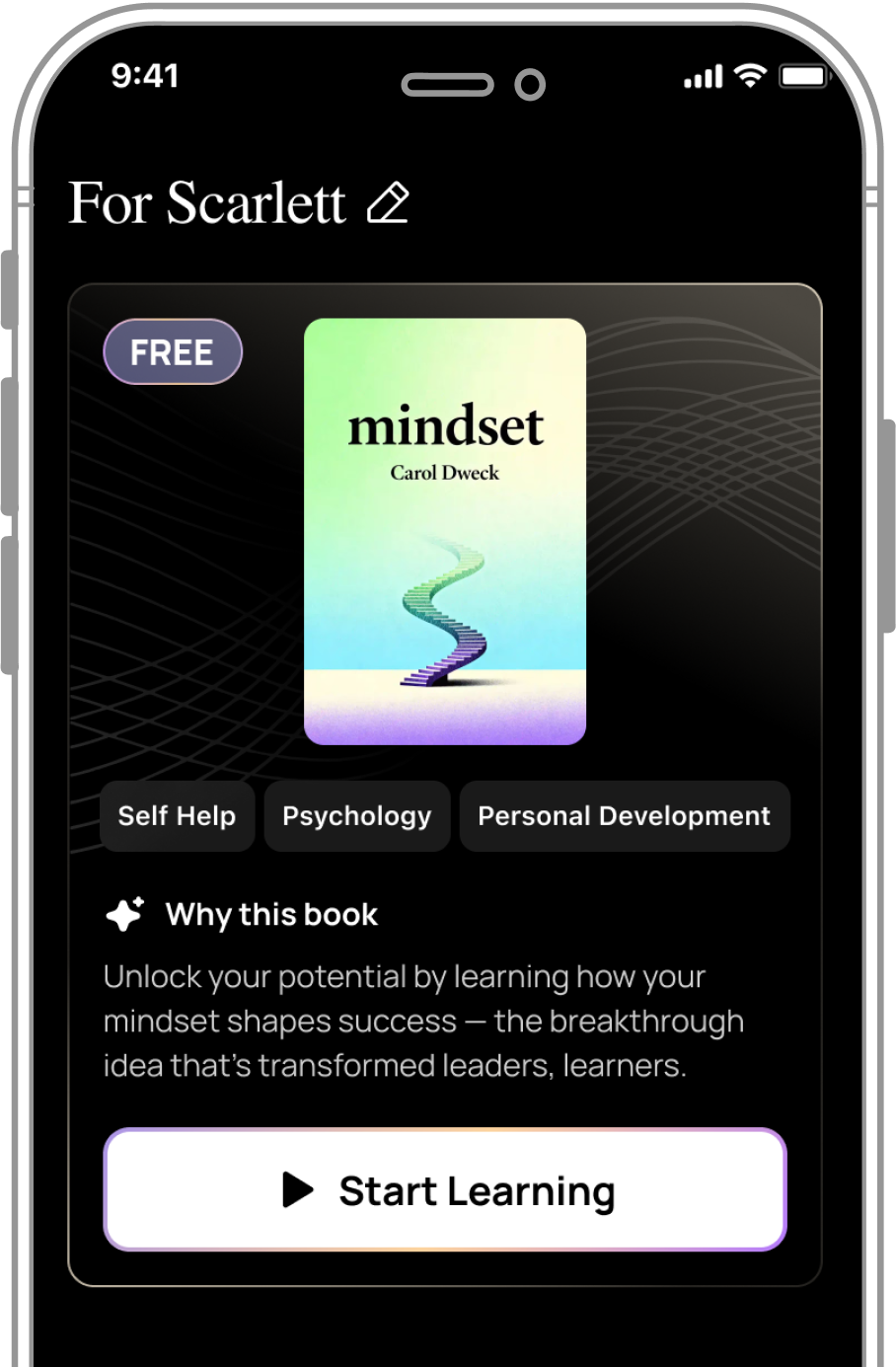What is
The Dialectical Behavior Therapy Skills Workbook about?
The Dialectical Behavior Therapy Skills Workbook teaches four core DBT skills—mindfulness, distress tolerance, emotion regulation, and interpersonal effectiveness—to manage overwhelming emotions. It combines practical exercises with step-by-step guidance to help readers build resilience, reduce self-destructive behaviors, and improve relationships. Structured for gradual skill development, it emphasizes mindfulness and radical acceptance as foundational tools for emotional stability.
Who should read
The Dialectical Behavior Therapy Skills Workbook?
This workbook benefits individuals struggling with intense emotions, borderline personality disorder, anxiety, or depression. It’s also valuable for therapists seeking structured exercises for clients. The clear, actionable strategies make it accessible for self-guided use or as a supplement to clinical therapy.
Is
The Dialectical Behavior Therapy Skills Workbook worth reading?
Yes, it’s a top-rated resource for learning DBT skills independently or in therapy. The workbook’s exercises, real-life examples, and focus on incremental progress provide concrete tools for emotional regulation. Over 2.5 million copies sold and consistent updates (e.g., 2021’s large-print edition) reflect its enduring relevance.
Who is Matthew McKay and what are his credentials?
Matthew McKay, Ph.D., is a clinical psychologist, professor at the Wright Institute, and co-founder of Haight Ashbury Psychological Services. He has authored 40+ books, including bestsellers like The Relaxation and Stress Reduction Workbook. His work combines evidence-based therapies with accessible self-help strategies.
What is radical acceptance in DBT?
Radical acceptance means fully acknowledging reality without judgment or resistance, even in painful situations. The workbook teaches this skill to reduce emotional suffering and foster clearer decision-making. Exercises guide readers to practice acceptance as a pathway to resilience.
How does the book define mindfulness?
Mindfulness here involves nonjudgmental awareness of the present moment—observing thoughts, feelings, and sensations without criticism. It’s framed as the “foundation of DBT,” essential for accessing a balanced “wise mind” and improving emotional responses.
What are the key differences between distress tolerance and emotion regulation?
- Distress tolerance: Coping with crises without worsening the situation (e.g., self-soothing techniques).
- Emotion regulation: Identifying, understanding, and modulating emotional reactions long-term.
The workbook separates these skills but shows how they interconnect for holistic emotional management.
What are the best quotes from the workbook?
- “Radical acceptance means tolerating something without judging it or trying to change it”: Stresses the power of nonresistance to reduce suffering.
- “You can’t change the past... focus on the present”: Encourages letting go of unchangeable history to empower current growth.
Are there critiques of
The Dialectical Behavior Therapy Skills Workbook?
Some note the workbook requires consistent practice to see results, which may challenge those with severe symptoms. Others highlight its dense exercises, though the 2021 edition improved readability with larger text and clearer formatting.
How does this book compare to other DBT resources?
Unlike theory-heavy manuals, this workbook prioritizes actionable exercises over abstract concepts. It’s often paired with therapy but designed for independent use—a key difference from clinical textbooks. Recent editions also address accessibility needs.
Can the workbook help with interpersonal conflict?
Yes, the interpersonal effectiveness module teaches assertive communication, boundary-setting, and conflict resolution. Techniques like “DEAR MAN” (Describe, Express, Assert, Reinforce) provide scripts for navigating difficult conversations.
What real-life applications do the skills have?
Skills like opposite action (acting against destructive emotional urges) and self-soothing (calming through sensory focus) apply to daily stressors, relationships, and workplace challenges. The book includes 100+ distraction ideas and crisis survival strategies.








